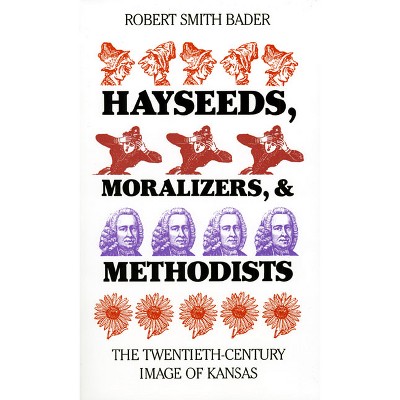About this item
Highlights
- About the Author: Martin Bader gained an MSc in geography at Saarland University in Germany and an MSc in biology at Waikato University, New Zealand.
- 224 Pages
- Mathematics, Probability & Statistics
Description
About the Book
"This book is a compact, example-based statistics textbook that closely follows contemporary curricula taught in large parts of the world. It is a user-friendly textbook without unnecessary frills, but instead filled with real-world examples, practical tips, online exercises, resources, and references to extensions, all on a level that is commonly taught at introductory postgraduate and levels. Several features clearly distinguish this book from what is currently available on the market. On the one hand, a lot of the easier textbooks available are lengthy, covering a wide range of topics that are not necessarily taught at university, some including methods that are now rarely used, particularly in the private sector. Further, most texts assume familiarity with statistical software already, and lack a gentle introduction to the specific software that is used. On the other hand, the more specialized textbooks are well outside the reach of most of today's students, even at postgraduate level, again often assuming a high level of statistical programming skills. This book aims to fill that gap, which, while in its core a traditional printed book, will come with a wealth of online teaching material for lecturers and students. The authors make use of R, quite simply the most used statistics software in science. The content structure is peculiar in the sense that statistical skills are introduced at the same time as software (programming) skills in R. This poses a challenge for students and their lecturers but seems by far the best way of teaching from the author's experience. By a careful, but concurrent, step by step introduction to both statistical principles and software skills, this text guides the student in an unprecedented way. A color coding system is used to keep the two content matters apart."--From the Back Cover
An accessible learning resource that develops data analysis skills for natural science students in an efficient style using the R programming language
R-ticulate: A Beginner's Guide to Data Analysis for Natural Scientists is a compact, example-based, and user-friendly statistics textbook without unnecessary frills, but instead filled with engaging, relatable examples, practical tips, online exercises, resources, and references to extensions, all on a level that follows contemporary curricula taught in large parts of the world.
The content structure is unique in the sense that statistical skills are introduced at the same time as software (programming) skills in R. This is by far the best way of teaching from the authors' experience.
Readers of this introductory text will find:
- Explanations of statistical concepts in simple, easy-to-understand language
- A variety of approaches to problem solving using both base R and tidyverse
- Boxes dedicated to specific topics and margin text that summarizes key points
- A clearly outlined schedule organized into 12 chapters corresponding to the 12 semester weeks of most universities
While at its core a traditional printed book, R-ticulate: A Beginner's Guide to Data Analysis for Natural Scientists comes with a wealth of online teaching material, making it an ideal and efficient reference for students who wish to gain a thorough understanding of the subject, as well as for instructors teaching related courses.
About the Author
Martin Bader gained an MSc in geography at Saarland University in Germany and an MSc in biology at Waikato University, New Zealand. He earned a PhD in plant ecology at the University of Basel, Switzerland. After post-doctoral stints in Switzerland and Australia he joined the New Zealand Forest Research Institute as a forest ecologist and biostatistician. Following a senior lecturer appointment at Auckland University of Technology, New Zealand, he is now a professor of forest ecology at Linnaeus University, Sweden. He has taught undergraduate and postgraduate courses in statistics at universities and research institutes in various parts of the world. His research focuses on the physiological responses of plants to climate change and their biotic interactions.
Sebastian Leuzinger did his first degree in marine biology at James Cook University, Australia, with a postgraduate degree in statistics (University of Neuchatel, Switzerland) and a PhD in plant ecology (University of Basel, Switzerland). He has done post-doctoral studies at ETH Zurich, Switzerland, in forest ecology and modelling before joining Auckland University of Technology where he is a full professor in ecology. He has taught undergraduate and postgraduate statistics for natural scientists for over a decade. His research is on global change impacts on plants, with a special interest in meta-analysis of global change experiments.












